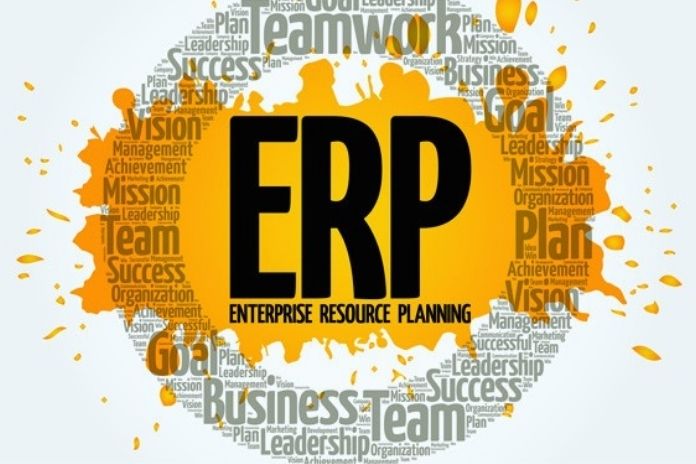Consistent ERP project systems ensure more transparency and a more solid basis for decision-making. To draw as much business,-relevant knowledge as possible from the abundance of digital information, all ERP users must recognize the benefits of the software. This only works with targeted preparation and competent advice.
An ERP implementation is a trendsetting step for every company. Of course, the basic orientation, the core functionalities, and the future viability of the software are decisive aspects of a purchase decision. At least as important, however, are the points of project preparation, advice, and training to achieve the greatest possible process benefit and knowledge gain with the software later on. Because all too often, it can be observed that the beneficial effects do not occur because the comprehensive possibilities of the respective systems are not known either to the decision-makers or to the end-users. For this reason, all employees who are to work with the system should be actively involved in the ERP project from the start to formulate their requirements for the system.
In many cases, this results in a much more specific requirement profile than would be possible by simply checking off theoretical functionality catalogs in overflowing specification sheets.
Change As An Opportunity
The ERP project is usually successful when everyone involved is ready to allow process changes that will inevitably occur. Therefore, the key is to face this transformation process positively and see it as an opportunity for continuous improvement. This works best when employees are clear about possible challenges in the course of the project.
Against this background, it is helpful if the project is structured and the users can orientate themselves on a tried and tested “timetable.” To ensure this, we rely on a tried and tested five-phase methodology with clearly defined steps: from process analysis and basic organizational advice to mapping all existing structures in what is known as business process modeling, customizing the standard components and customizing, as well as preparing for the real start to going live.
The business process modeling and a model study of the processes are integral parts of every maser implementation to record the users’ operations in detail and compare them with the standard procedures of the software. In this way, the need for organizational change becomes visible, and any change steps can be initiated at an early stage. Conversely, this means that the change process described above will take place, for which all those involved in the project will be prepared in advance. “Issues were discussed that neither the company management nor the employees had on their radar in the run-up to the ERP project. Unadorned, it was pointed out where any problems with the implementation are to be expected. As a result, the employees were able to prepare much better. “
ERP Project – Practical Expertise In Consulting
Whether an ERP project can be successfully implemented depends on the expertise of the consultants. In addition to the human and social component, it is particularly about the necessary specialist and industry knowledge. The consultants must be able to quickly understand the processes and working methods of the respective user company to be mapped as best as possible in the software. Our customers and interested parties come from the individual, order, and variant production. In this environment, the software provides basic functionalities such as the “growing parts list” or the uncomplicated management of parts without article numbers.
It is also an advantage if the consultants themselves have worked in the batch size 1+ environment. “The arms consultants conveyed to us from the start that you didn’t have to explain the process requirements in special or packaging machine construction to them for long. On the contrary: Her deep understanding of our business requirements put her immediately in a position to advise us competently at a high level. “
Looked for a lean solution that provides all the important functions for make-to-order manufacturers and special machine builders and maps their core processes. Cites the people involved at amps as a further important reason for the decision: “Apart from the pure software functionality, the ERP provider should above all fit personally and professionally. In addition to a high level of industry expertise, we expect the consultants to be willing to get involved with a medium-sized company and always focus on the process standard of the software. “
In addition to the pure functionality, other factors are decisive for developing a company-wide knowledge pool using ERP software: its consistency, willingness to change on the part of the customers, and the consultants’ deep understanding of the industry. If these factors come together, the user companies benefit from more efficient process structures and more basic knowledge for better business decisions.
ALSO READ: Business Model Development: From Product To Real Value Proposition

